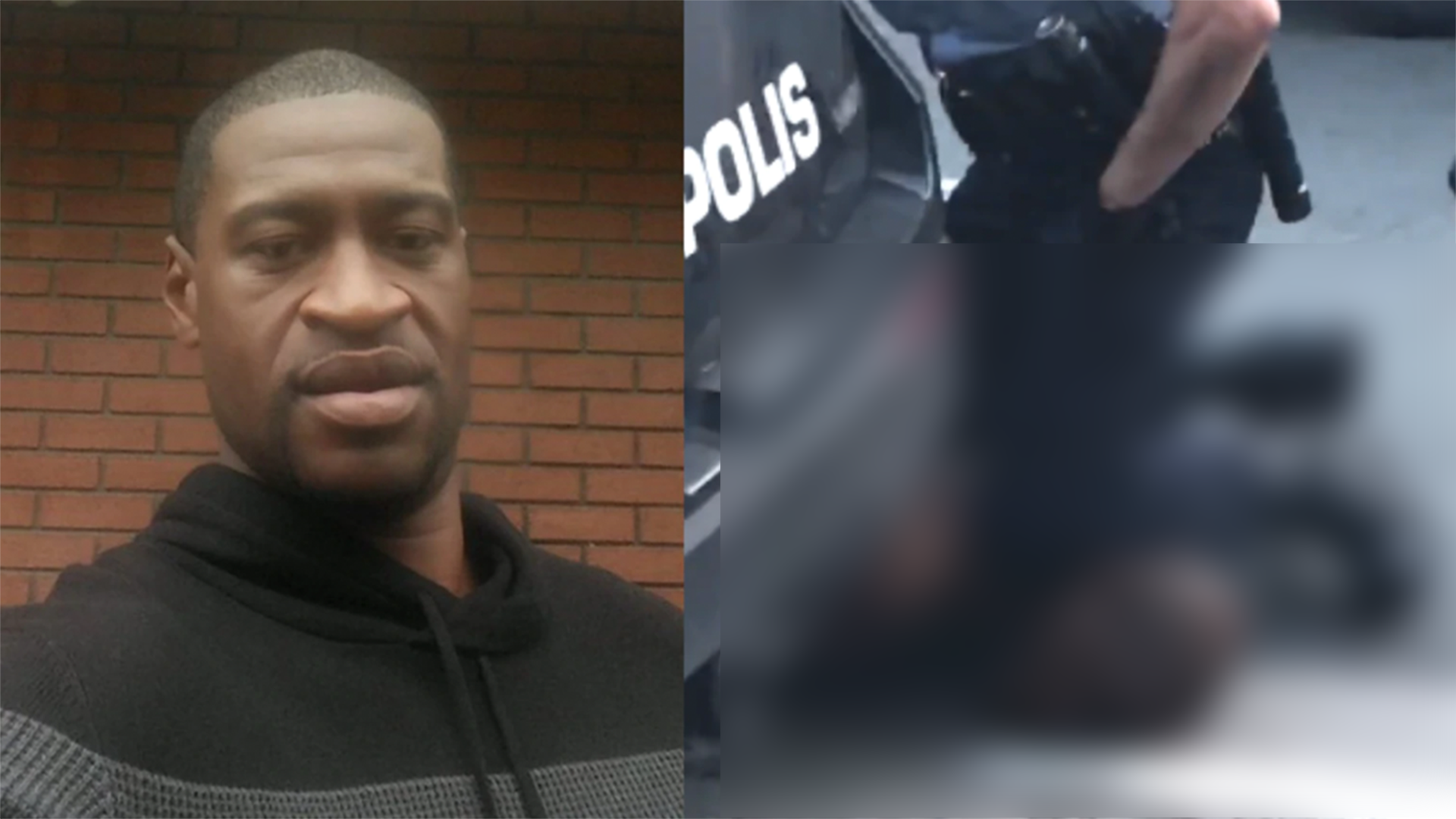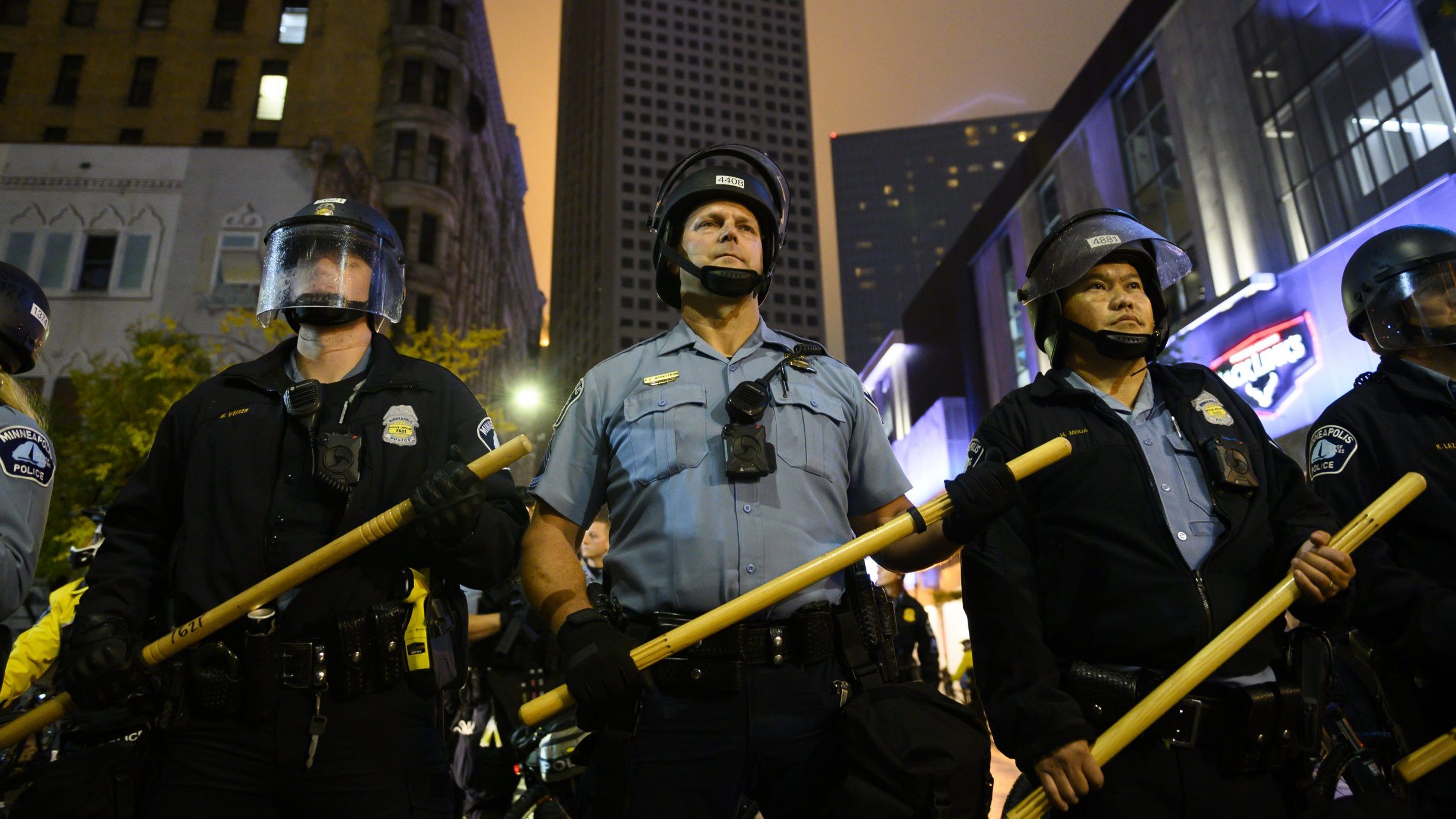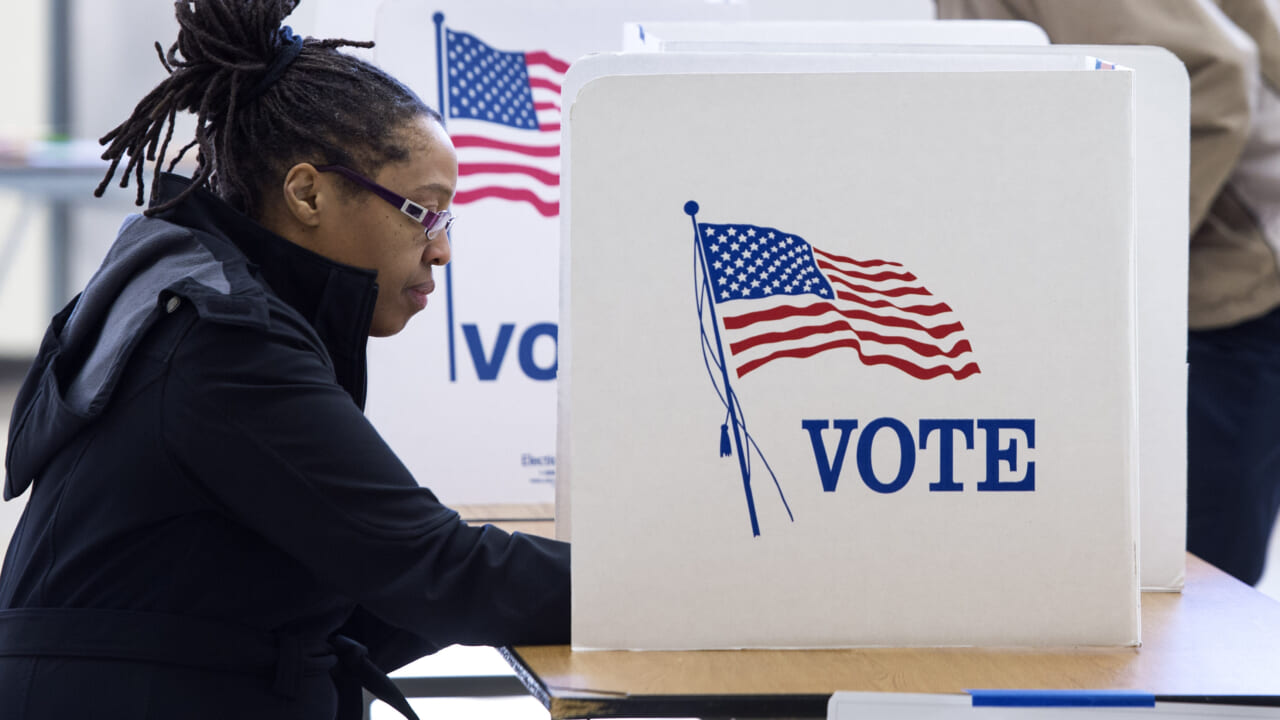The MIT Corporation — the Institute’s board of trustees — elected nine full-term members, who will each serve for five years, three partial-term members, and three life members, during its quarterly meeting yesterday. Corporation Chair Robert B. Millard ’73 announced the election results; all positions are effective July 1.
The nine full-term members are: Wesley G. Bush ’83; R. Erich Caulfield SM ’01, PhD ’06; Heather Cogdell ’89; Orit Gadiesh; Jeffrey S. Halis ’76, SM ’76; Michelle K. Lee ’89, SM ’89; Adrianna C. Ma ’96, MEng ’96; Indra K. Nooyi; Adedoyin Olateru-Olagbegi ’20. The three partial-term members are: Drew Gilpin Faust; Janet C. Wolfenbarger SM ’95; and Mark S. Wrighton. The three life members are: Victor J. Menezes SM ’72; Phillip T. Ragon ’72; and Jeffrey L. Silverman ’68.
The Corporation also announced Charlene C. Kabcenell ’79 as the 2020-2021 president of the Association of Alumni and Alumnae of MIT, effective July 1. She succeeds Caulfield, who will return to the Corporation for a five-year term.
As of July 1, the Corporation will consist of 75 distinguished leaders in education, science, engineering, and industry. Of those, 24 are life members and seven are ex officio. An additional 37 individuals are life members emeritus.
The nine full-term members are:
Wesley G. Bush, former chairperson and chief executive officer, Northrop Grumman Corporation
Bush received his bachelor’s and master’s degrees in electrical engineering and computer science from MIT in 1983. He has worked in the aerospace and defense industry since starting at COMSAT Labs under MIT’s co-op program. After graduation, Bush first worked at The Aerospace Corporation, then became a systems engineer at TRW’s Space Park facility in 1987. Prior to Northrop Grumman’s acquisition of TRW in 2002, Bush led numerous space program activities, served as vice president of TRW Ventures, and was the president and chief executive officer of TRW’s U.K.-based Aeronautical Systems business. At Northrop Grumman, he served as the president of the company’s space technology sector, then as its chief financial officer. He became president of the company in 2006. He served as chief executive officer from 2010 through 2018 and became chairman in 2011. He is also a member of the National Academy of Engineering.
R. Erich Caulfield, founder and president, The Caulfield Consulting Group
Caulfield received a bachelor’s degree in physics and mathematics from Morehouse College. He obtained his master’s degree and PhD in electrical engineering and computer science from MIT in 2001 and 2006, respectively. After beginning his professional career as at McKinsey and Company, Caulfield was appointed by President Barack Obama to serve as a White House Fellow in 2010, working at the White House Domestic Policy Council. He was part of the senior leadership team that developed and launched the White House Strong Cities, Strong Communities (SC2) Initiative, which was a new partnership between the federal government and pilot cities across the country. In 2011, Caulfield assumed the role of New Orleans Community Solutions Team Lead for the SC2 Initiative. In 2013, he founded The Caulfield Consulting Group, a New Orleans-based management consulting firm. In 2018, he went on to serve as the chief policy advisor to Cory Booker, then Mayor of Newark, New Jersey, and to the city’s business administrator.
Heather Cogdell, principal business process engineer, MITRE Corporation
Cogdell received her bachelor’s degree in electrical engineering from MIT in 1989. She received her MBA in decision sciences from the Wharton School of Business and master’s degree in systems engineering from the University of Pennsylvania in 1993. Cogdell is a principal business process engineer at the MITRE Corporation. She joined MITRE in 2008 and has supported the Department of Homeland Security (DHS), the Internal Revenue Service, and the Centers for Medicare and Medicaid Services (CMS). Working across that sponsor landscape, she provided expertise in problem identification, source analysis, and solution development and implementation. She is currently working at the Census Bureau to develop the future data repository vision. Her past projects include performing independent verification and validation of new Medicare Card Project systems for the CMS Office of Information technology.
Orit Gadiesh, chairperson, Bain and Company Inc.
Born in Haifa, Israel, Gadiesh completed her compulsory service in the Israel Defense Forces and studied at Hebrew University of Jerusalem, graduating in 1975 with her bachelor’s degree in psychology. She received an MBA from Harvard Business School in 1977 and was also awarded the Brown prize for the most outstanding marketing student. Gadiesh joined Bain and Company in 1977 after graduating from Harvard Business School and has been the chairperson since 1993. A world-renowned expert on management and corporate strategy, she has advised a multiplicity of CEOs and senior executives of major international companies on strategy development and the implementation of change. She has counseled top level management on structuring and managing portfolios, developing and implementing global strategy, executing turnarounds, improving organizational effectiveness, and designing both cost reduction and growth programs.
Jeffrey S. Halis, president, Tyndall Management, LLC
Halis received his bachelor’s and master’s degrees from the Sloan School of Management in June 1976. He is president and chief executive officer of Tyndall Management, an investment firm specializing in publicly traded securities that he founded in 1991. Prior to establishing Tyndall, he held positions in the finance and investment industry working for Citibank, Merrill Lynch, and Sabre Associates. A New York native, Halis currently resides with his wife, Nancy L. Halis, in Manhattan. They have two daughters, Laura and Jenny, who reside in Boston and Manhattan.
Michelle K. Lee, vice president, Machine Learning Solutions Lab, Amazon Web Services
Lee studied electrical engineering and computer science at MIT, receiving her bachelor’s and master’s degrees in 1989. She received her JD from Stanford Law School in 1992. Lee is vice president of the Machine Learning Solutions Lab at Amazon Web Services. Prior to joining Amazon, Lee was the Herman Phleger Visiting Professor of Law at Stanford Law School from 2017 to 2018. Lee also served as the under secretary of commerce and director of the U.S. Patent and Trademark Office from 2015 to 2017 and was the first woman to serve in this role in the country’s history. Additionally, Lee was the deputy general counsel at Google Inc. and a partner with Fenwick and West LLP.
Adrianna C. Ma, managing partner, Haleakala Holdings LLC
Ma received a bachelor’s degree and master’s degree in electrical engineering and computer science from MIT in 1996. She received her MBA from Harvard Business School in 2000. Ma is the managing partner of Haleakala Holdings LLC, her personal investment and advisory firm. Previously, she was a managing partner of Fremont Group, a single-family investment firm, where from 2015 to 2019 she oversaw a portfolio that consisted of actively managed funds as well as directly owned public and private securities. Prior to joining Fremont Group, Ma was a managing director of General Atlantic, where from 2005 to 2015 she invested in and served on the boards of directors of technology-enabled growth companies globally. Before joining General Atlantic, she was an investment banker from 2000 to 2005 in Morgan Stanley's mergers, acquisitions, and restructuring department. Previously, she was a project manager at the network server division of Hewlett-Packard Company, from 1996 to 1998.
Indra K. Nooyi, chairperson and CEO (retired), PepsiCo
Nooyi received a bachelor’s degree from Madras Christian College in 1974, an MBA from the Indian Institute of Management in Calcutta in 1976, and a master’s degree in public and private management from Yale University in 1980. Nooyi served as the chairperson and CEO of PepsiCo from 2006 to 2019. In this role, Nooyi was the chief architect of Performance with Purpose, PepsiCo’s pledge to do what’s right for the business by being responsive to the needs of the world around us. She directed the company’s global strategy for more than a decade. Prior to becoming CEO, Nooyi served as president and chief financial officer beginning in 2001, when she was also named to PepsiCo’s board of directors. Before joining PepsiCo in 1994, Nooyi spent four years as senior vice president of strategy, planning and strategic marketing for Asea Brown Boveri, a Zurich-based industrials company.
Adedoyin Olateru-Olagbegi, student, MIT
Adedoyin Olateru-Olagbegi is a senior at MIT studying computer science, economics, and data science. Next year, she will complete a master’s degree in global affairs at Beijing’s Tsinghua University as a Schwarzman Scholar. Afterward, Olateru-Olagbegi plans to focus on using digital health tools to improve health care quality and access globally. She has worked at a range of organizations, including the National Institutes of Health, Google, Bain and Company, and most recently, 1upHealth, a digital health startup. Adedoyin has enjoyed traveling while at MIT, studying race and migration in Brazil, co-designing technologies with coffee farmers in Colombia, and taking a class on the HIV/AIDS epidemic in South Africa.
The three partial-term members are:
Drew Gilpin Faust, president emerita and Arthur Kingsley Porter University Professor, Harvard University
Faust received her bachelor’s degree from Bryn Mawr College in 1968 and her master’s degree and PhD in American civilization from the University of Pennsylvania in 1971 and 1975. As president of Harvard from 2007 to 2018, she expanded financial aid to improve access to for students of all economic backgrounds and advocated for increased federal funding for scientific research. She broadened the University’s international reach, led a successful capital campaign, updated university governance, and raised the profile of the arts on campus, among other achievements, while also guiding the university through a period of significant financial challenges. Faust previously served as founding dean of the Radcliffe Institute for Advanced Study, from 2001 to 2007. Before coming to Radcliffe, she was the Annenberg Professor of History at the University of Pennsylvania. She is the author of six books and is a contributing writer at The Atlantic. Faust will serve a two-year term with the Corporation.
Janet C. Wolfenbarger, general (retired), U.S. Air Force
Wolfenbarger earned a bachelor’s degree from the U.S. Air Force Academy in 1980, a master’s degree in aeronautics and astronautics from MIT in 1985, a master’s degree in national resource strategy from the Industrial College of the Armed Forces in 1994, and an honorary doctoral degree from Wright State University in 2013. She retired from the U.S. Air Force in 2015, culminating a distinguished 35-year career as the Service’s first female four-star general. She commanded Air Force Materiel Command, which employs 80,000 people and manages a $60 billion annual budget. The command is responsible for executing the critical mission of warfighter support through leading-edge science and technology, cradle-to-grave life cycle weapons system management, world-class developmental test and evaluation, and world-class depot maintenance and supply chain management. Since retirement she has served as a board director for two entities and volunteers in a number of other capacities. Wolfenbarger will serve a three-year term with the Corporation.
Mark S. Wrighton, chancellor emeritus and professor of chemistry, Washington University
Wrighton received his bachelor’s degree from Florida State University in 1969 and his PhD in chemistry from Caltech in 1972. He joined the faculty of MIT’s Department of Chemistry that year, and from 1981 until 1989 held the Frederick G. Keyes Professorship in Chemistry, followed by the Ciba-Geigy Professorship in Chemistry. He was head of the department from 1987 to 1990 and served as MIT’s provost from 1990 to 1995. He then moved to Washington University in St. Louis, where he served as chancellor and CEO until 2019. He now continues full time at Washington University as a professor and chancellor emeritus. A fellow of the American Academy of Arts and Sciences, the American Association for the Advancement of Science, and a member of the American Philosophical Society, he has participated in numerous governmental panels and has been a consultant to industry. Wrighton will serve a one-year term with the Corporation.
The three life members are:
Victor J. Menezes, senior vice chairperson (retired), Citigroup Inc.
Menezes received his undergraduate degree in electrical engineering from the Indian Institute of Technology Bombay in 1970 and a master’s degree from the MIT Sloan School of Management in 1972. He was senior vice chair of Citigroup Inc. and retired in 2005 after a 32-year global career in the company. He served previously as chair and CEO of Citibank and was head of Citigroup’s emerging markets business, with responsibility for the corporate and consumer businesses and global product responsibility for e-business and global securities services. In 1995 he was named chief financial officer of Citicorp and Citibank. Previously, he headed Citibank’s businesses and lived in India, Hong Kong, and Europe. He also chaired Citi’s India Advisory Board from 2011 to 2013.
Phillip T. Ragon, CEO, founder, and owner, InterSystems Corporation
After earning a bachelor’s degree in physics from MIT in 1972, Ragon went on to found InterSystems in 1978, leading the company to worldwide prominence in the database, interoperability, and health care application markets. He is a trustee of the Mass General Brigham health system, as well as a trustee of Massachusetts General Hospital (MGH), where he also served as honorary co-chair of the MGH Campaign. He is on the Harvard Medical School Board of Fellows. In 2008, he helped create the Ragon Institute, a joint research center of MGH, MIT, and Harvard. The vision of the Ragon Institute is to “harness the immune system,” and its immediate objective is the creation of a vaccine for HIV. Ragon is also a signatory to The Giving Pledge.
Jeffrey L. Silverman, chairperson, Agman Partners
Silverman, who earned a bachelor’s degree from MIT in 1968, is the founder and chair of Agman Partners, a multistrategy private investment firm that invests both directly and through partnerships across asset classes and stages of development. During his career, he incorporated an evolving game theory approach to applied economics as an independent commodity futures trader at the Chicago Mercantile Exchange, where he also served as a director. He has supported the MIT Evergreen Energy Fund, which resulted in a substantial savings in energy for MIT while leading the way for other institutions. He also provided initial funding for MIT's “Just Jerusalem” competition envisioning peace in the Middle East. Currently, he supports the Koch Institute for Integrative Cancer Research through a communications outreach project as part of their ongoing fundraising.
President of the Association of Alumni and Alumnae of MIT:
Charlene C. Kabcenell, vice president (retired), Oracle Corporation
Kabcenell received her bachelor’s degree from MIT in 1979 and began her career as a software developer at Xerox Corporation, where she was involved in the development of the Star workstation, the first commercial system that incorporated technologies familiar to Macinotsh and Microsoft Windows users today. She joined Oracle Corporation in 1987 as a group product manager. During her tenure, she managed projects involving product software, software development tools, and internationalization. She retired as a vice president of software development in 1997. Kabcenell now devotes her time to a range of charitable and volunteer activities, including managing her family foundation. She joined the MIT Corporation in 2011 and has been a life member since 2013.
from MIT News https://ift.tt/3grojTU
via
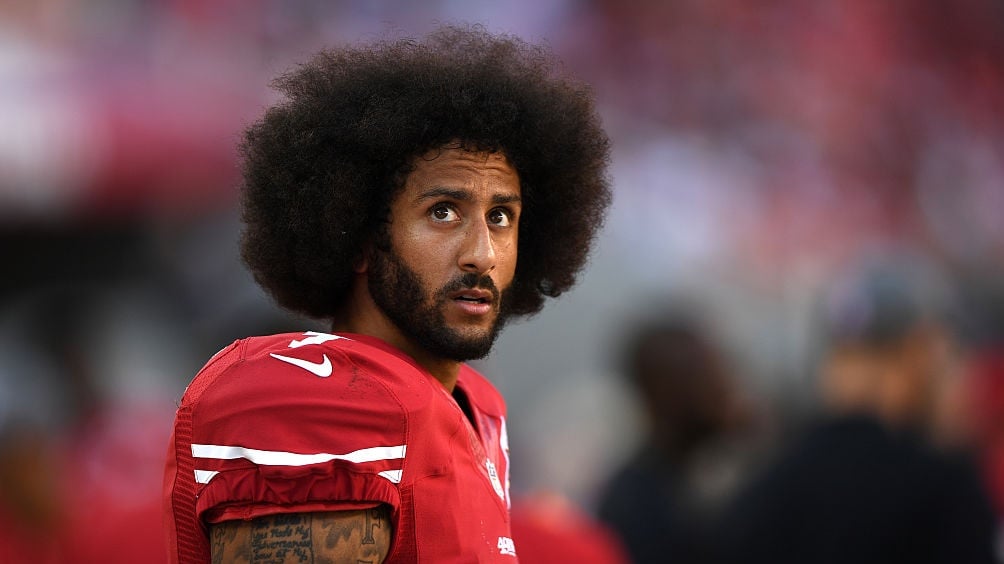

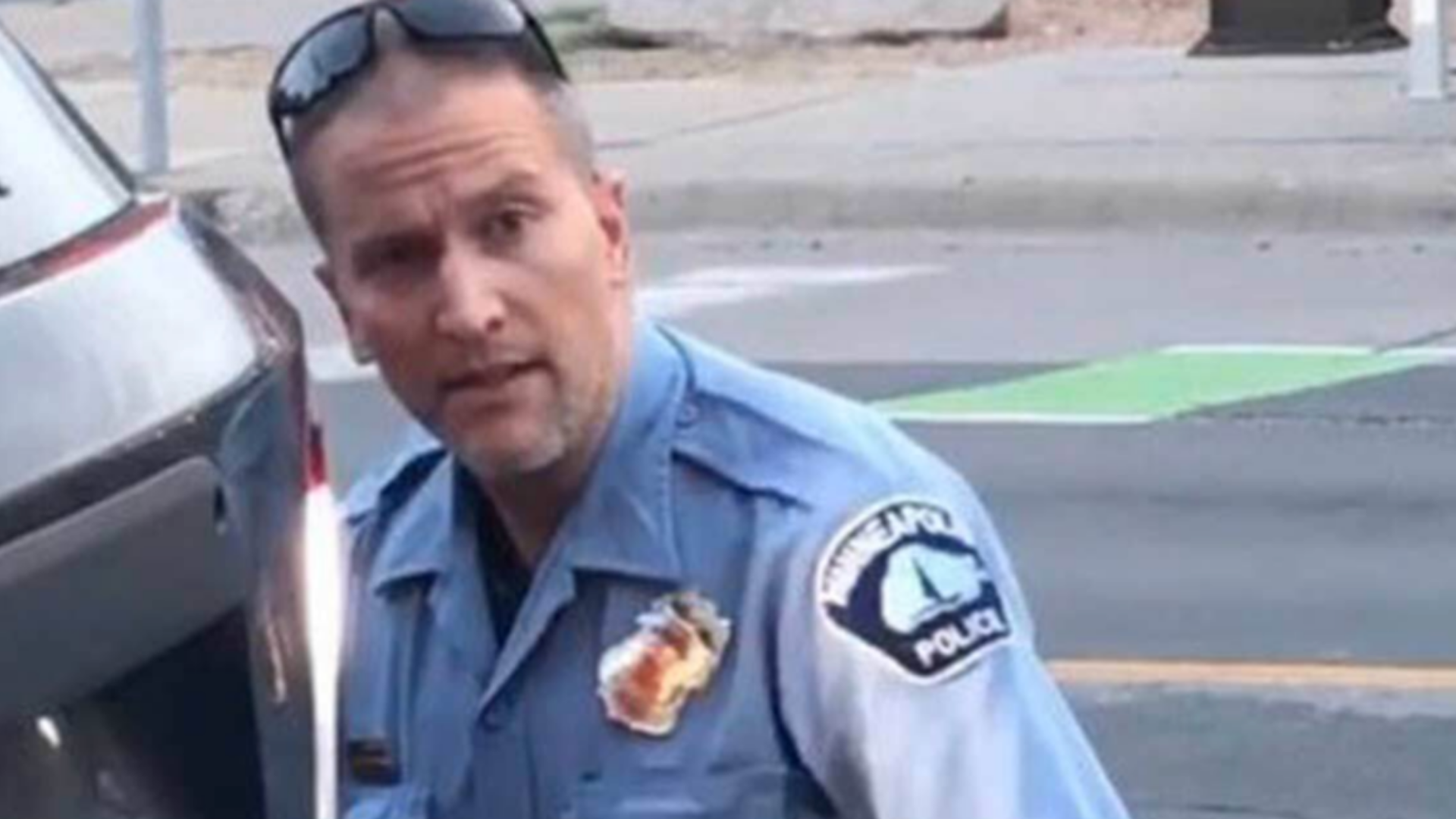


 . Representing black culture across the globe. $5.99 a month. First 7 days are free!
. Representing black culture across the globe. $5.99 a month. First 7 days are free!  www.kweli.tv
www.kweli.tv  #streamingfortheculture #bingeontheculture
#streamingfortheculture #bingeontheculture
